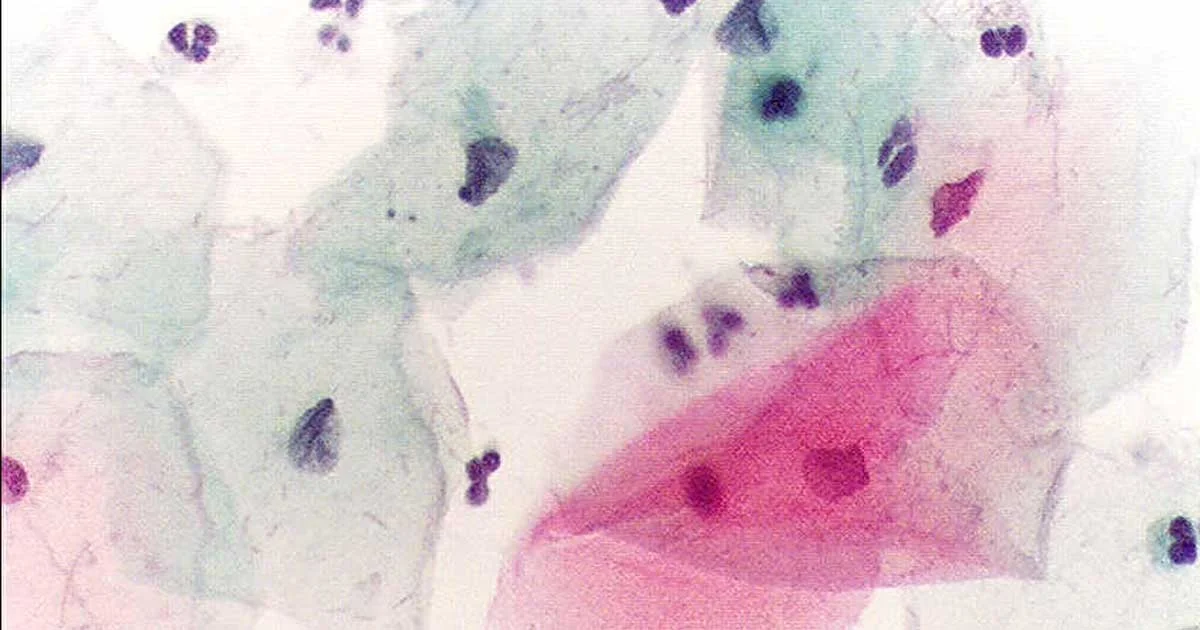One of the ‘skills’ we seem to develop when having lupus is how to lie. That may seem a strange thing to say, but we spend quite a lot of time playing down our symptoms and pretending we’re fine.
We also often develop what I like to call ‘the skill of omission’: things we don’t admit to friends and family, again for fear of upsetting them. We don’t necessarily do this with everyone, there’s often one person we feel we can tell the truth, usually a partner or the person closest to us.






















